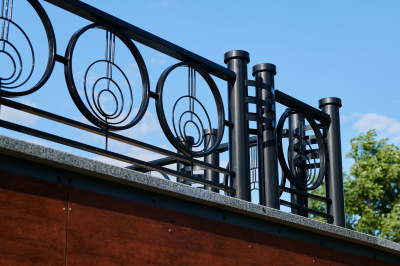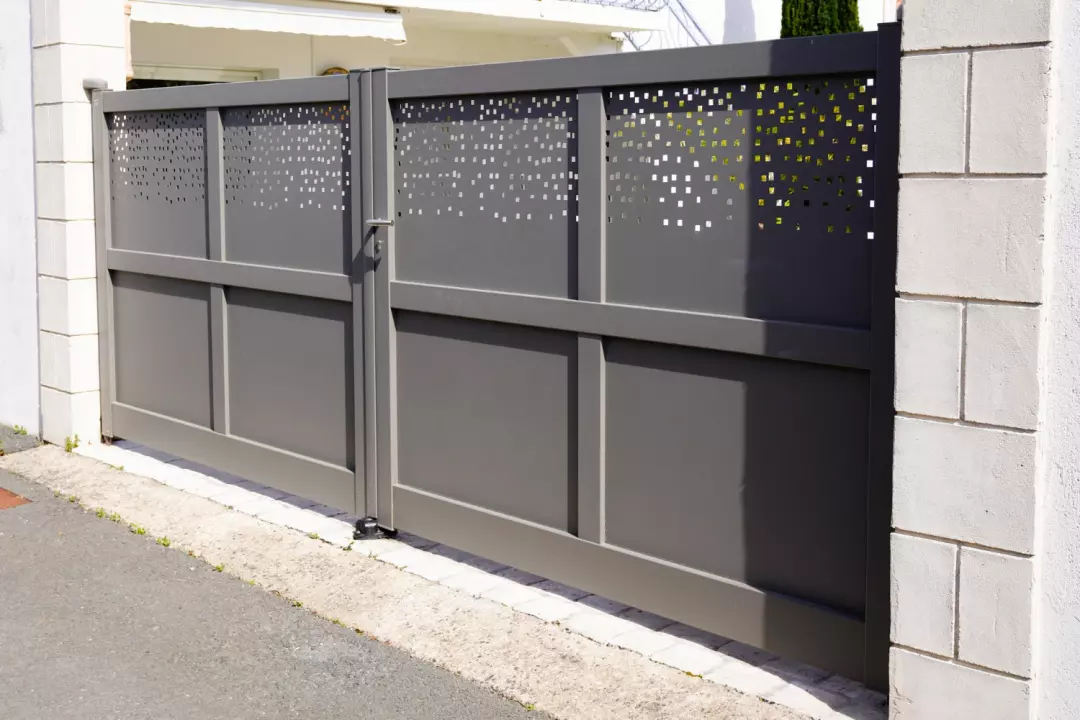Is Your Gate A Safety Hazard?
Gate safety legislation and standards are in place to ensure that electric gates, automated gates and gate systems are installed securely and safely for both the user and any passers-by who may be in the vicinity. Gates are considered a safety hazard since, if not properly maintained, can become unsafe and pose a risk.
The Health & Safety Executive (HSE) has published strict guidelines on the installation of automatic gates in the UK. This is to help improve safety standards and to ensure that all gates are installed with at least basic safety considerations in place.
In accordance with these regulations, the installer or manufacturer is required to properly assess the site and the surrounding environment before installing a gate. This assessment includes considering factors such as the potential for entrapment, lack of visibility and understanding of potential risks. It is essential that electrical safety checks are carried out during installation and that the relevant safety features are fitted to the gate, such as photocells, interlocks and springs.
What are the responsibilities of the installer/manufacturer?
Under UK law, the installer or manufacturer has several responsibilities when it comes to ensuring the safety of a gate. These include:
- Carrying out a risk assessment of the site prior to installation or maintenance.
- Ensuring proper electrical safety checks are carried out.
- Installing safety features such as photocells, interlocks or springs.
- Instruct users on how to properly operate and maintain the gate.
- Providing documentation that outlines the safety features, installation and maintenance requirements.
The installer should also provide the user with a detailed maintenance plan, with regular servicing being carried out by a qualified and experienced engineer who is certified to industry standards. This is essential for keeping the gate in good working order and avoiding any potential hazards.

Need assistance finding gate installation near you?
Get a QuoteMake Sure Your Gate Is Serviced Regularly
Servicing your gate on a regular basis should be an integral part of your overall gate safety policy. It should be done by a qualified engineer who is certified to the latest industry standards and is able to accurately identify potential faults and repair them.
During a service, the engineer should carry out a full safety inspection of the gate to check that all safety features are in working order and that the operation is safe. It is also important to ensure that any faults are repaired as soon as possible in order to prevent any potential accidents or injuries.
Gate Risk Assessments
Another important aspect of gate safety is risk assessment. These should be carried out regularly, at least once a year, to ensure that they are operating safely and in line with current legislation and standards. The assessment should consider any potential risks and make sure that modifications or adaptations have been made to reduce those risks.
It is essential that any potential risks are identified and eliminated. For example, an interlock should be installed to prevent the gate from being opened when it is in motion. Additionally, risk assessments should be carried out if there are any changes made to the gate, such as a switch from manual to automatic operation.
What are the potential risks with electric gates?
Electric gates pose a variety of potential risks. The most common risks include:
- Entrapment – when someone or something becomes trapped between the gate and the ground, wall or another object.
- Being struck by the gate while it is in motion – this can occur if the gate is not properly serviced and maintained or if people enter or pass through the gate while it is in motion.
- Electric shock – this can occur if the gate or its components are not properly earthed or if there is a failure with the wiring.
To avoid these kinds of risks, it is essential that risk assessments are carried out regularly, along with regular servicing and maintenance to ensure your gate is operating properly and safely.
In conclusion, it is essential to comply with gate safety legislation and standards in order to ensure that your gate is safe and secure. Risk assessments and regular servicing should be undertaken in order to further minimise the risk of accidents or injuries.
In this article:
